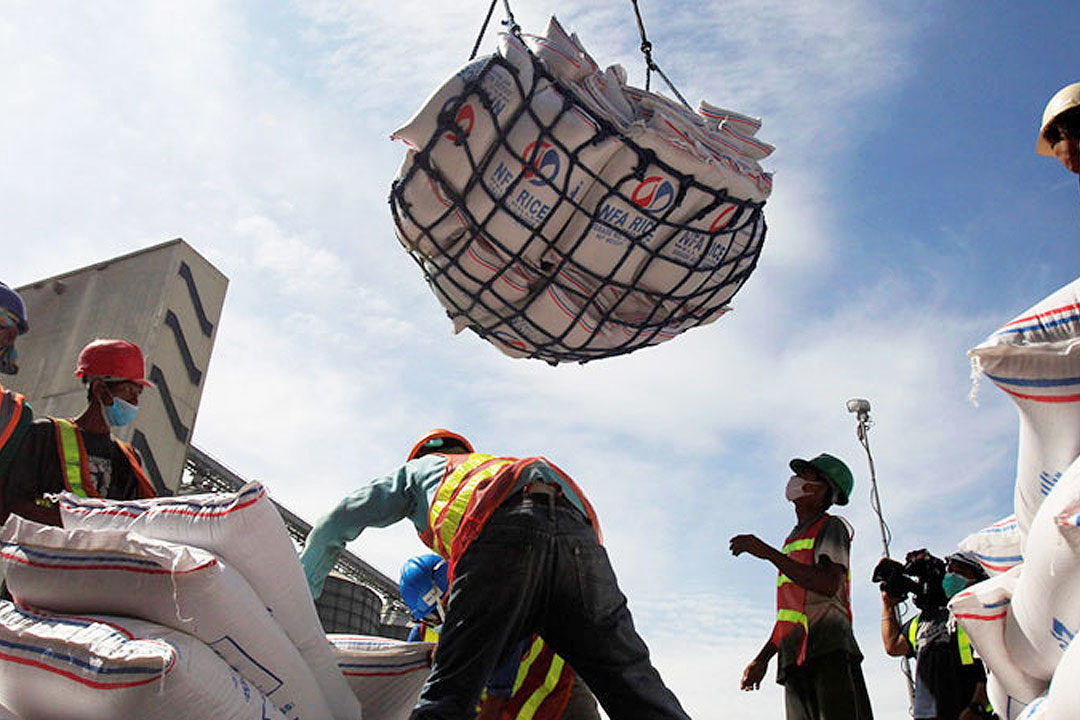
THE Economic Development Committee (EDCom) said it is seeking to strike a balance between protecting farmers and limiting the inflationary impact on consumers in adjusting rice import tariffs.
In a statement on Monday, the Department of Economy, Planning, and Development (DEPDev) said Secretary Arsenio M. Balisacan, who co-chaired the 5th EDCom meeting, said the EDCom focused on the Tariff and Related Matters Committee’s recommendation to revise the rice import tariff rate, currently at 15%.
“The meeting convened key economic managers to discuss important economic matters and policy recommendations to further strengthen the country’s development agenda,” it said.
Among the participants were Secretary Frederick D. Go, the EDCom Chairman and head of the Office of the Special Assistant to the President for Investment and Economic Affairs (OSAPIEA), as well as Finance Secretary Ralph G. Recto.
Agriculture Secretary Francisco P. Tiu Laurel, Jr. has said that the government will extend the rice import suspension until the end of the year but keep tariffs at 15%. The 15% rate had been set by Executive Order No. 62, lowering it from the original 35% as an inflation-containment measure.
The Bureau of Customs has said the extension of the rice import ban from the original 60 days will result in up to P12 billion in foregone revenue.
Separately, DEPDev, which serves as the Secretariat of the National Innovation Council (NIC), said the Philippines is making “significant strides” toward becoming a smart and innovation-driven economy.
Citing the 2024 Progress Report on the Implementation of the Philippine Innovation Act., Mr. Balisacan said: “The Progress Report shows how our reforms are translating into stronger innovation governance, more responsive programs, and a growing culture of creativity and collaboration.” — Aubrey Rose A. Inosante



